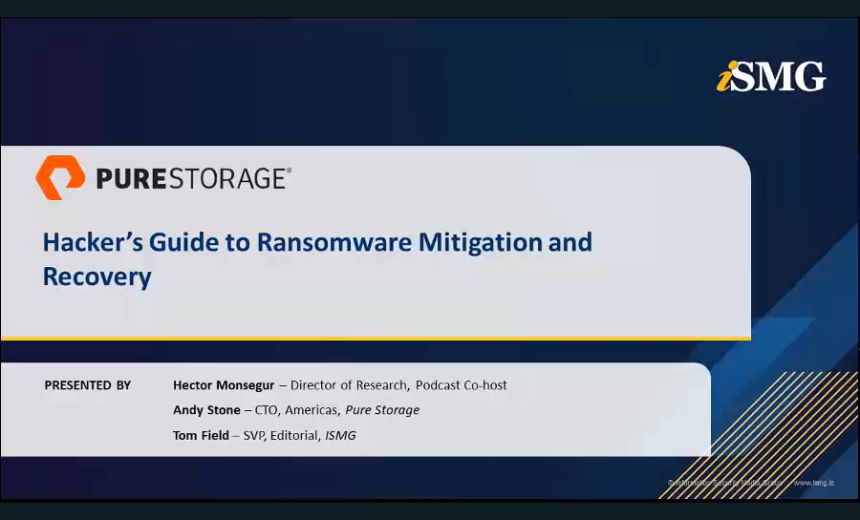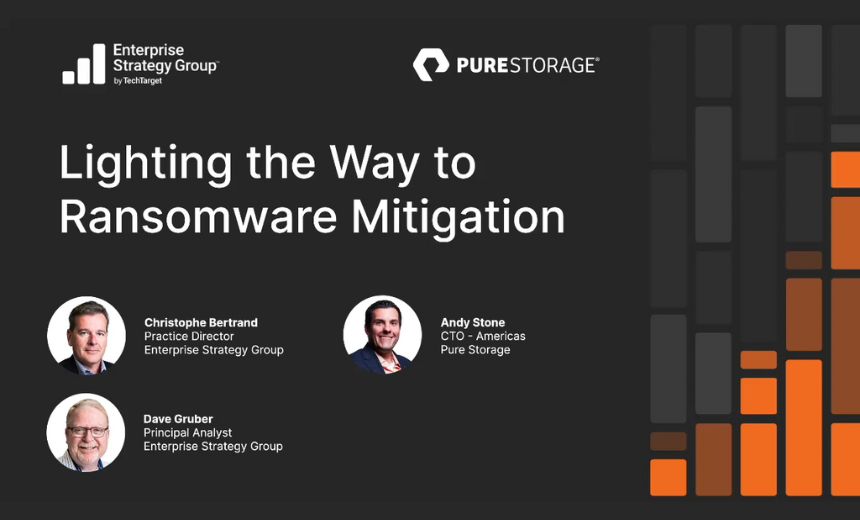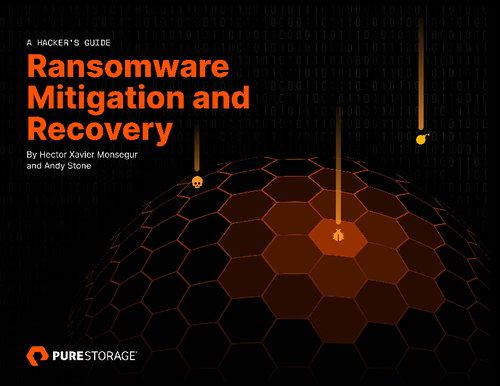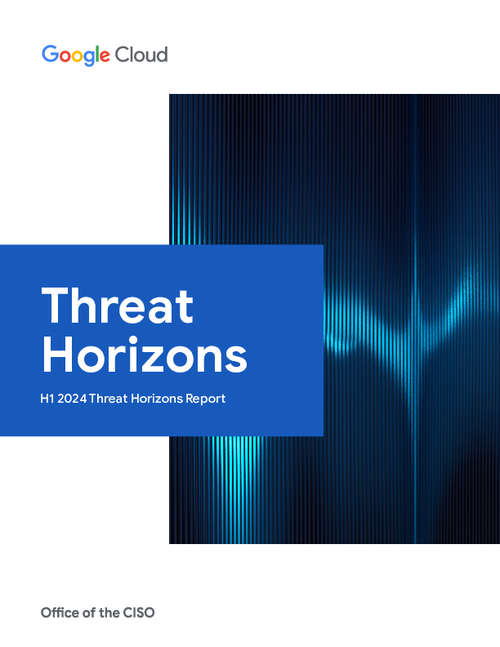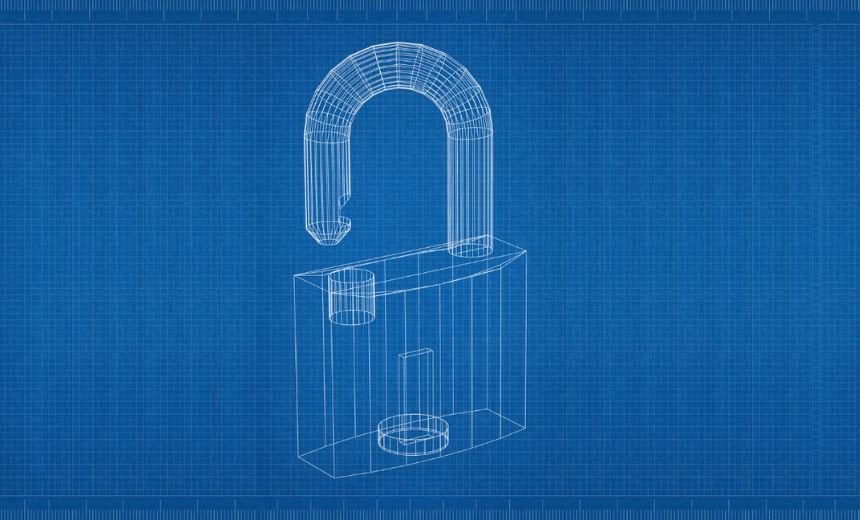FTC Continues Tech-Support Scam Busts
Agency Says 2 Operations Peddled Deceptive Security Software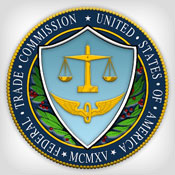
At the request of the Federal Trade Commission, a federal court has temporarily shut down two massive telemarketing operations that allegedly conned tens of thousands of consumers out of more than $120 million by deceptively marketing computer security software and tech-support services.
See Also: Key Security Challenges and Tooling Approaches for APAC in 2024
The crackdown comes nearly a month after a federal court, acting upon a request by the FTC, shut down Pairsys, which allegedly posed as Facebook and Microsoft and tricked consumers into paying up to $600 for bogus security tools (see: FTC Shutters Alleged Tech-Support Scam).
"These operations prey on consumers' lack of technical knowledge with deceptive pitches and high-pressure tactics to sell useless software and services to the tune of millions of dollars," says Jessica Rich, director of the FTC's Bureau of Consumer Protection. "There's no excuse for it, and we are pleased the court has taken steps to temporarily shut down these scams while our lawsuit proceeds."
Case Details
In addition to asking the court to temporarily close the two telemarketing operations, the FTC and the State of Florida filed two separate lawsuits against a long list of participants in each operation.
Since at least 2012, the defendants in both cases have allegedly used software designed to trick consumers into thinking there are problems with their computers, the FTC charges. The scam usually starts with consumers downloading a free trial version of software that runs a computer system scan, the FTC alleges. The software scan "always identifies numerous errors" on consumers' computers, regardless of whether the computer had any problems, authorities allege.
From there, the defendants then subject the consumers to high-pressure deceptive sales pitches for tech-support products and services to fix non-existent computer problems, the FTC says. The telemarketers ask for remote access to the consumers' computers and show various screens, such as the Windows Event Viewer, falsely claiming that these screens indicate the computer has significant damage, authorities say.
After convincing consumers that their computers have issues, the telemarketers pitch security software and tech-support services that cost as much as $500, the FTC alleges.
Both cases allege that the defendants violated Section 5 of the FTC Act, the Telemarketing Sales Rule and the Florida Deceptive and Unfair Trade Practices Act.
The first case charges the following defendants with selling deceptive software: PC Cleaner Inc., Netcom3 Global Inc. and Netcome3 Inc., plus an officer for the three firms - Cashier Myricks Jr. The telemarketing defendants include: Inbound Call Experts, Advanced Tech Supportco, PC Vitalware, Super PC Support, plus three officers for the various firms: Robert Deignan, Paul Hersman and Justin Wright.
In the second case, the defendants cahrged with selling deceptive software include Boost Software Inc. and Amit Mehta, the company's officer. The telemarketing defendants include: Vast Tech Support, also doing business as OMG Tech Help, OMG Total Protection, OMG Back Up, downloadsoftware.com, and softwaresupport.com; OMG Tech Help LLC; Success Capital LLC; John Paul Holdings; plus officers for the firms, including Elliot Loewenstern, Jon-Paul Vasta and Mark Donahue.
Under the FTC Act, the agency has the power to file a complaint against businesses that it believes are engaging in unfair or deceptive trade practices. Likewise, the Telemarketing Sales Rule allows the agency to file court complaints against firms that it believes are engaging in deceptive or abusive telemarketing practices.



